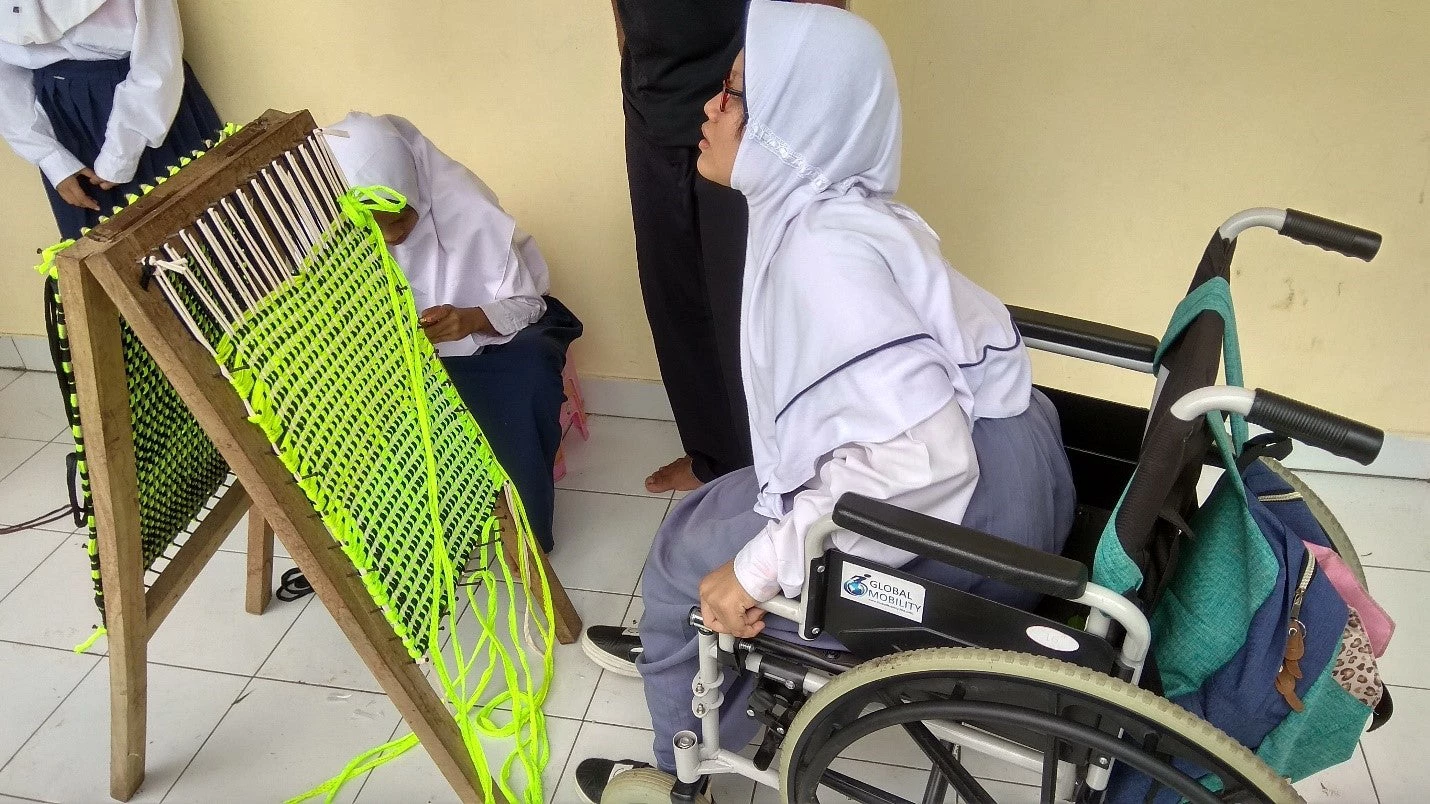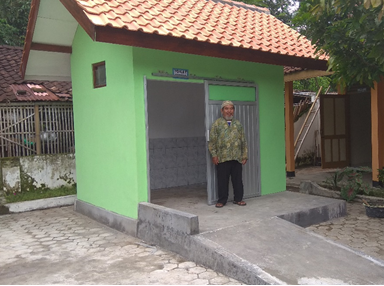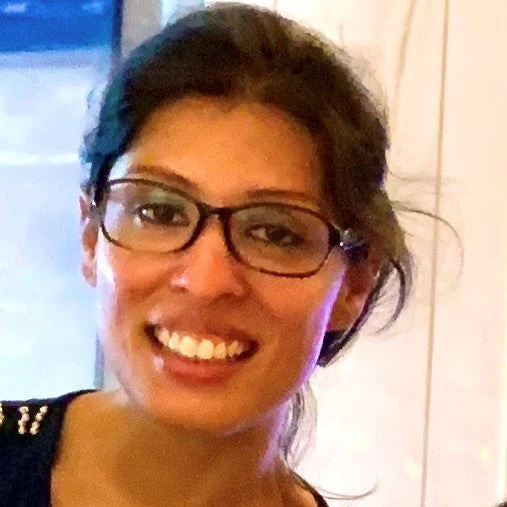
Also co-authored with Dea Widyastuty, Operations Analyst, the World Bank Water Global Practice; Trimo Pamudji Al Djono, Consultant, the World bank Water Global Practice
Dwifina loves art. Every day she looks forward to making her thread canvasses. Her only wish is that she had more time to spend on them. Being paralyzed, she spends a significant amount of time on mundane activities like getting ready for school and sorting out school supplies and books. She needs to ask friends to assist her in using the bathroom in school, as it lacks the design features for her to use it independently. Between homework and these extended activities of daily living, Dwifina finds little time for her true passion.
There are about a billion people with physical, cognitive, or psychological disabilities in the world, who struggle to access basic services required to perform daily functions. Unfortunately, most of these barriers to access are socially constructed. Because the infrastructure and social rules that surround us are designed for average male height, weight, needs, and capabilities, the rest of the population outside this distribution—pregnant women, the elderly, those with mobility, hearing, cognitive, or psychological impairments—end up feeling inept and left out.
Thankfully, we have started heightening awareness towards this bias, and are seeking solutions to make our programs and projects free from it. In the water sector, for instance, the World Bank has developed a guidance note on including persons with disabilities in its operations. In Indonesia, the PAMSIMAS III Rural Water and Sanitation Project is pioneering the work of easing the struggle that children with disabilities face in using school sanitation and public facilities . Through the introduction of disability inclusive development (DID), PAMSIMAS is helping around 200 villages to gain disabled inclusive infrastructure, removing barriers for people with disabilities by constructing spacious school toilets with wider doors and higher water closets, handrails, non-slippery floors, tactile paving, signs, and ramps. With these facilities, children will be able to use facilities with less effort, freeing up time and energy for more productive learning activities.

Besides changing physical structures, PAMSIMAS III is also raising awareness on how to carry out DID in projects, through national and local level training courses and workshops. The target group for these have so far been community facilitators, district consultants, and local government officials as gatekeepers of resources and influence in the communities. Around 4,200 participants were trained in December 2016. Thus, guidelines are being created for disability inclusive infrastructure design in school sanitation facilities, hand-washing facilities, and public facilities .
PAMSIMAS III is also helping to scale up and institutionalize DID in the project cycle from planning and implementation, to monitoring and evaluation. To monitor DID mainstreaming, a review is being carried out on the technical design of facilities in a new set of proposed villages in a pilot program. Results will be discussed in consultations with the local Disabled Persons’ Organizations (DPOs) in a workshop and shared with community facilitators and other project stakeholders.

PAMSIMAS III will further improve its disability intervention by seeking the active participation of people with disabilities in the decision-making process and encouraging local DPOs to be involved in facilitating this. It will also develop training material for communities, encourage local financing to support DID in community action plans, and add disability as part of the process and output monitoring in projects.
PAMSIMAS III hopes to pave the way for future projects in Indonesia and elsewhere to follow suit. The idea of “leaving no one behind” and empowering all to be active contributors of society, also this year’s theme of the 2017 International Day of Persons with Disabilities, requires breaking out of established mindsets and finding new ways of supporting service delivery. We have learned from PAMSIMAS that it is possible to eliminate exclusion due to disability, as long as the process of nudging people towards progressive social change continues .



Join the Conversation